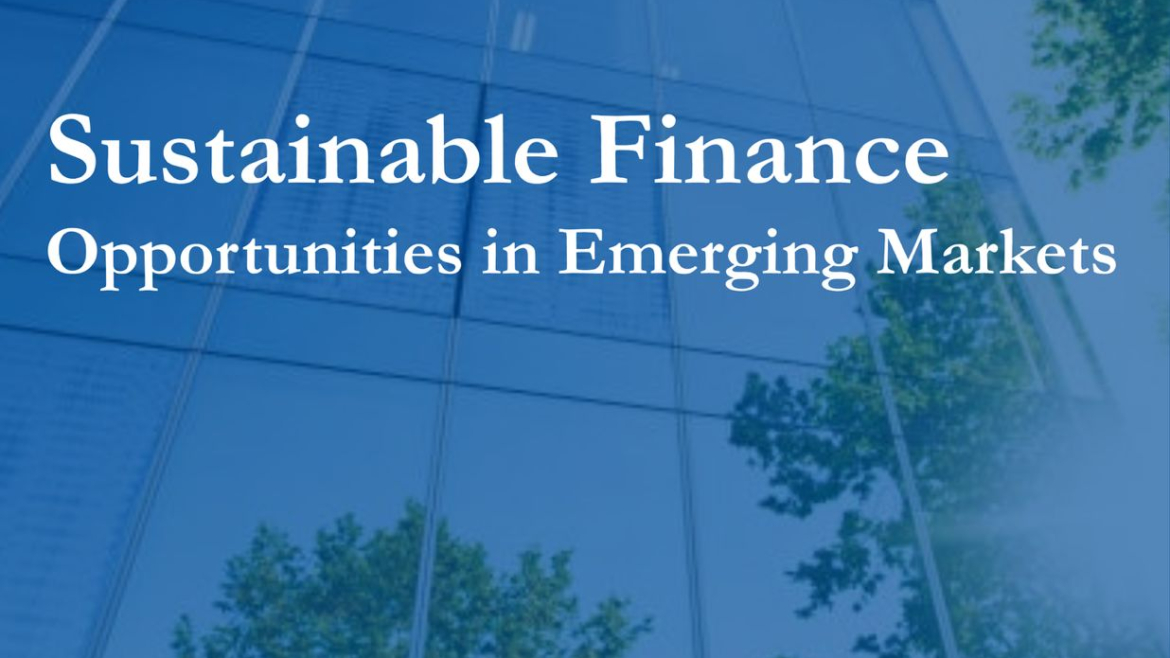In simple terms, sustainable finance refers to the “various financial instruments that are dedicated to mobilising financing for activities that have positive impacts on the environment and society.” More broadly, it incorporates the roles, responsibilities, and activities of the overall financial system as it seeks to mobilise financing and minimise risks. The opportunities are multifold and multi-sectoral. Sustainable finance instruments can accelerate the development of emerging markets on the African continent by optimising innovative financing such as blended finance and catalytic capital, as well as unlocking the power of collaboration by multi-sector players in the financial ecosystem to design and deliver critical developments in the region and country-level ecosystems.
To meet Africa’s sustainable development needs, the Africa Development Bank (AfDB) has established that investments estimated at 4trillion dollars annually must be made for Africa to realise the Sustainable Development Goals by 2030 and the Africa We Want Agenda by 2063. These investments must be sustainable and patient, long-term capital. Sustainable finance options, driven by private sector investment, can provide a crucial tool to overcome the funding gap in meeting the SDGs and the Africa We Want Agenda 2063 by delivering resources directly to sustainable investments that impact local communities and businesses at the frontline of social, economic and climate crises.
The opportunities are multifold and multi-sectoral. Sustainable finance instruments can accelerate the development of emerging markets on the continent by optimising innovative financing such as blended finance and catalytic capital, as well as unlocking the power of collaboration by multi-sector players in the financial ecosystem to design and deliver critical developments in the region and country-level ecosystems.
These and more are some of the insights captured in the whitepaper titled “Sustainable Finance Opportunities in Emerging Markets.” Commissioned by Stanbic IBTC Holdings, co-authored by the Lagos Business School Sustainability Centre and contributors from Impact Investors Foundation, KPMG West Africa’s ESG and Sustainable Finance Team. The whitepaper highlights the current state of Sustainable finance opportunities, challenges and presents key recommendations to accelerate sustainable finance deployment for responsible and inclusive integration.
Key recommendations in the whitepaper to drive the harnessing of sustainable finance opportunities include accelerating green growth investments, launching an officially accepted green taxonomy, formulating strong policy frameworks with incentives for investors, and charting a sustainable finance road map that reflects the priorities of emerging markets on the continent.

